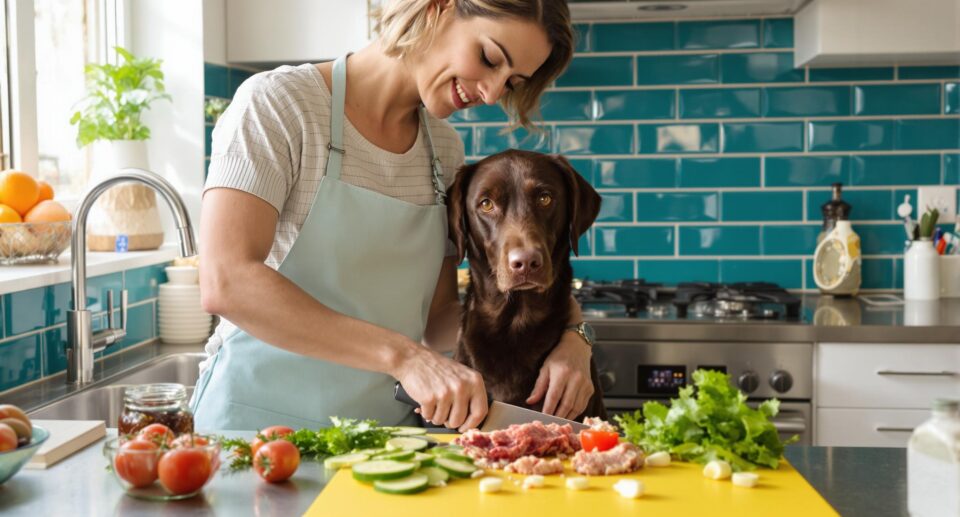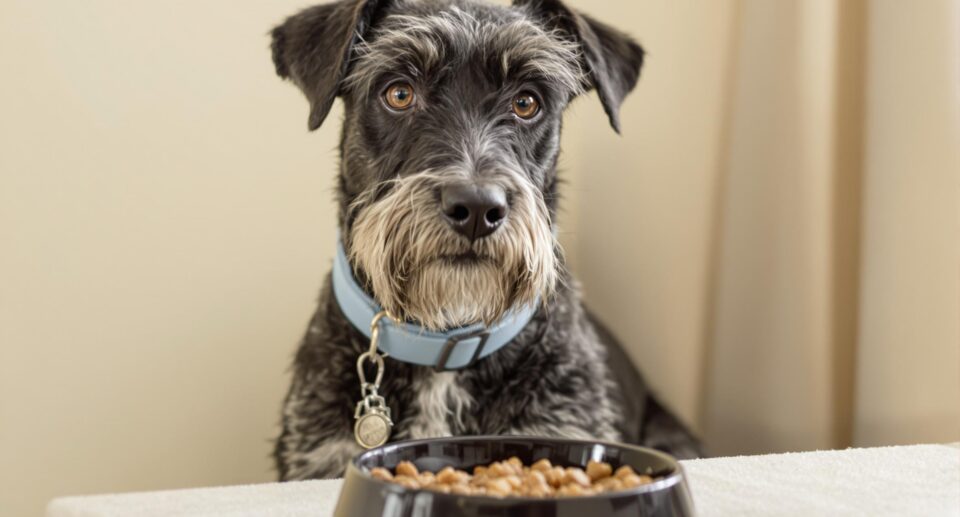Why Won’t My Dog Eat

Is your dog turning their nose up at their food bowl? When your dog won’t eat, it could be a simple case of pickiness or a symptom of something more serious.
Did Your Dog’s Food Go Bad?
When you first opened the bag of food, did your dog chow down, only to seem bored of eating the same recipe after a few weeks? Your dog might not be picky. Dog food goes rancid about 2-3 weeks after opening. Store your dog’s food in an airtight container without pouring it out of the bag to keep it fresh. If you purchase big bags of food, store excess in your freezer to keep it fresh for longer.
Is Your Dog Bored Of Their Food?
It’s not unusual for dogs to simply get tired of eating their food after eating the same thing every day. You can rotate between a few different flavors every time you buy a new food, just make sure to gradually switch each time you start a new food if your dog has a sensitive tummy.
You can also stimulate your dog’s appetite (and boost their health!) by adding fresh toppers to their food. Healthy “table scraps” like raw or cooked chicken, beef, turkey, and eggs can get your dog excited about their food again.
Always offer lean cuts of unseasoned meat. Fatty trimmings can cause acute pancreatitis. Take care when offering new foods, giving just a small amount at a time. Never give foods that are toxic to dogs, such as grapes, raisins, chocolate, macadamia nuts, onions, and garlic. When in doubt, ask your vet, or simply do not offer it to your dog.
When Diminished Appetite Indicates Disease
Growing puppies need plenty of food to fuel their growth spurts. If your puppy isn’t eating, it could indicate that they have contracted a serious infection like parvovirus, distemper, or canine coronavirus. If your puppy doesn’t have an appetite for more than 12 hours, contact your vet. If they have other symptoms like diarrhea, vomiting, fever, or lethargy, seek emergency veterinary care.
Inappetite in older dogs can be serious too. Gastric obstruction, dental infections, pancreatitis, heart failure, and certain cancers are just a few health issues that can affect appetite. In senior dogs, low appetite is not uncommon, especially in dogs with dementia.
No need to panic – just see your veterinarian as soon as possible, especially if your dog is losing body fluids through vomiting or diarrhea, or if they have a fever or seem lethargic.





